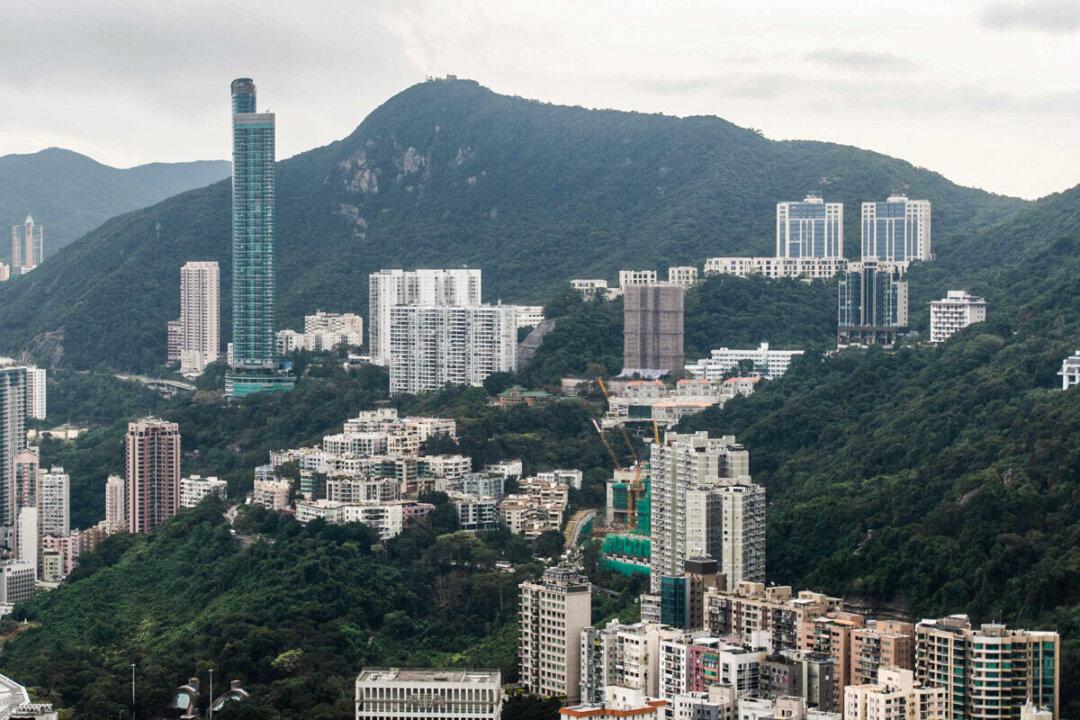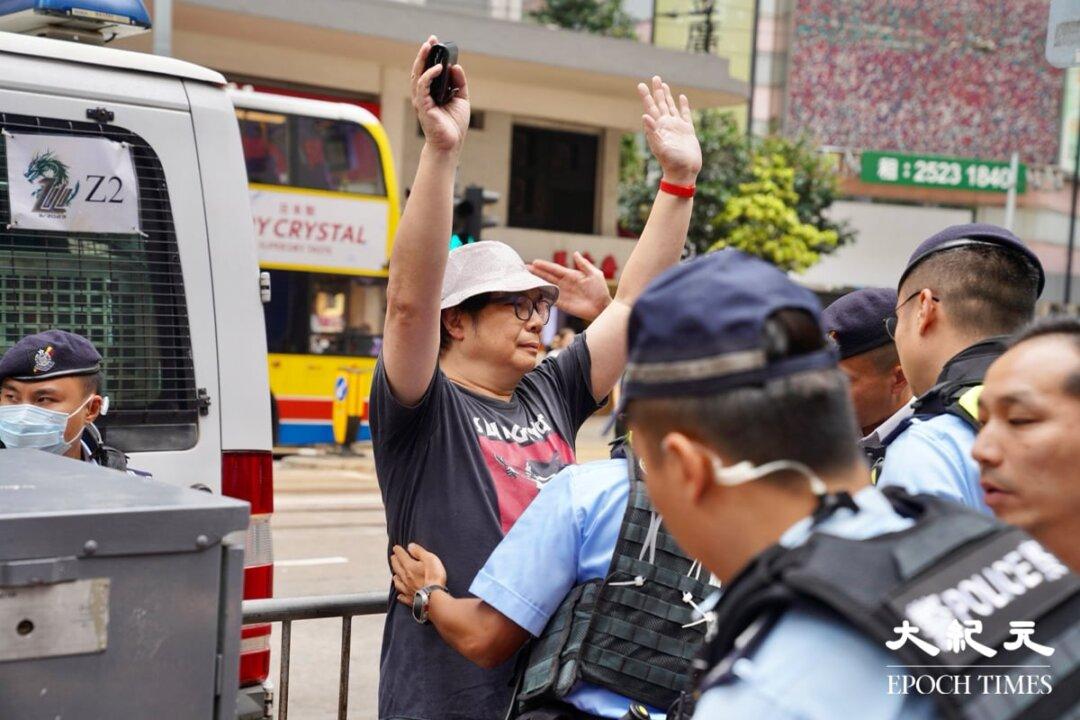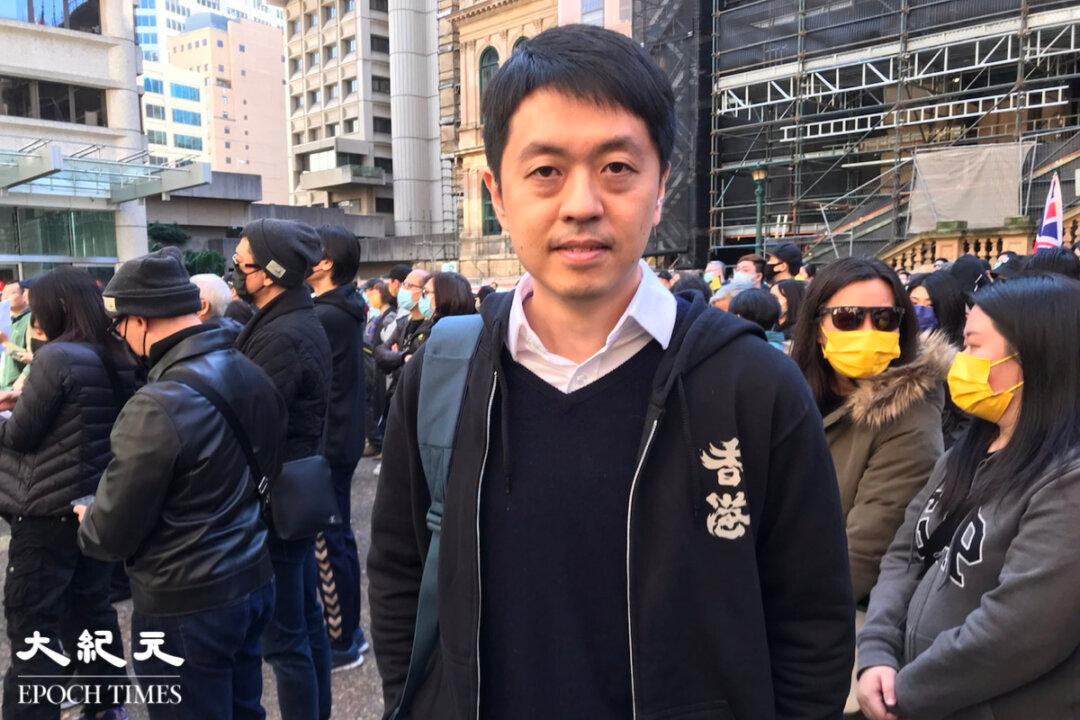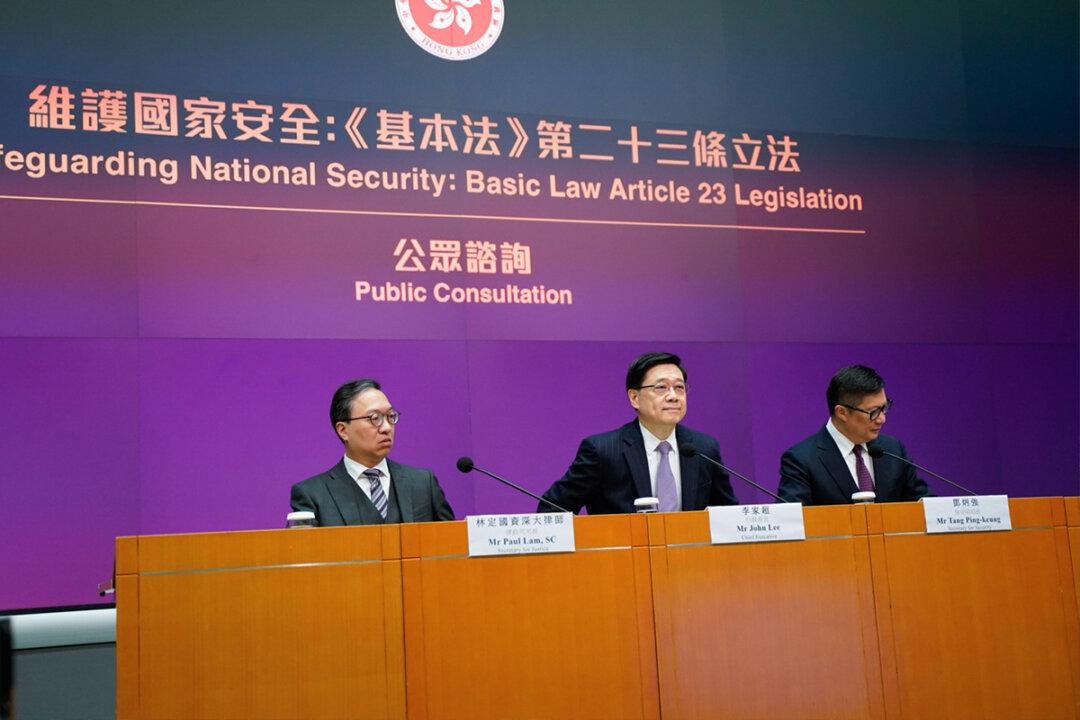Hong Kong authorities announced the removal of all unfavorable buyer control policies in their latest budget to revive the weakening local property market. However, experts believe it won’t stop the property prices from falling and view the authoties’ attempt as a desperate measure.
On Feb. 28, Hong Kong Financial Secretary Paul Chan announced the immediate withdrawal of all restrictive measures. This means that all residential transactions will no longer require additional stamp duties, including buyer’s stamp duties and new residential stamp duties.




